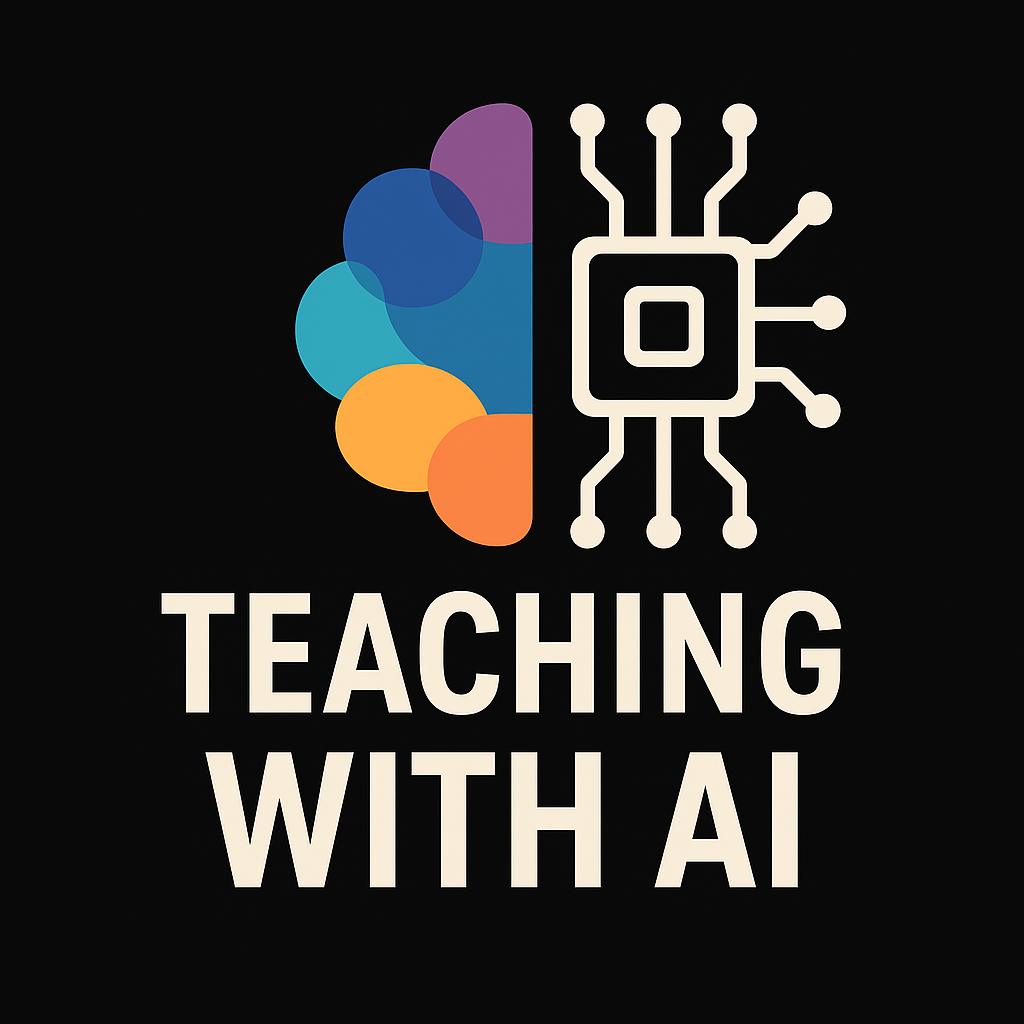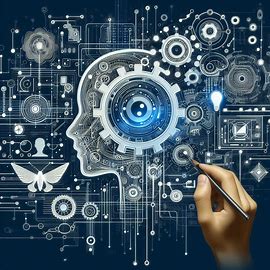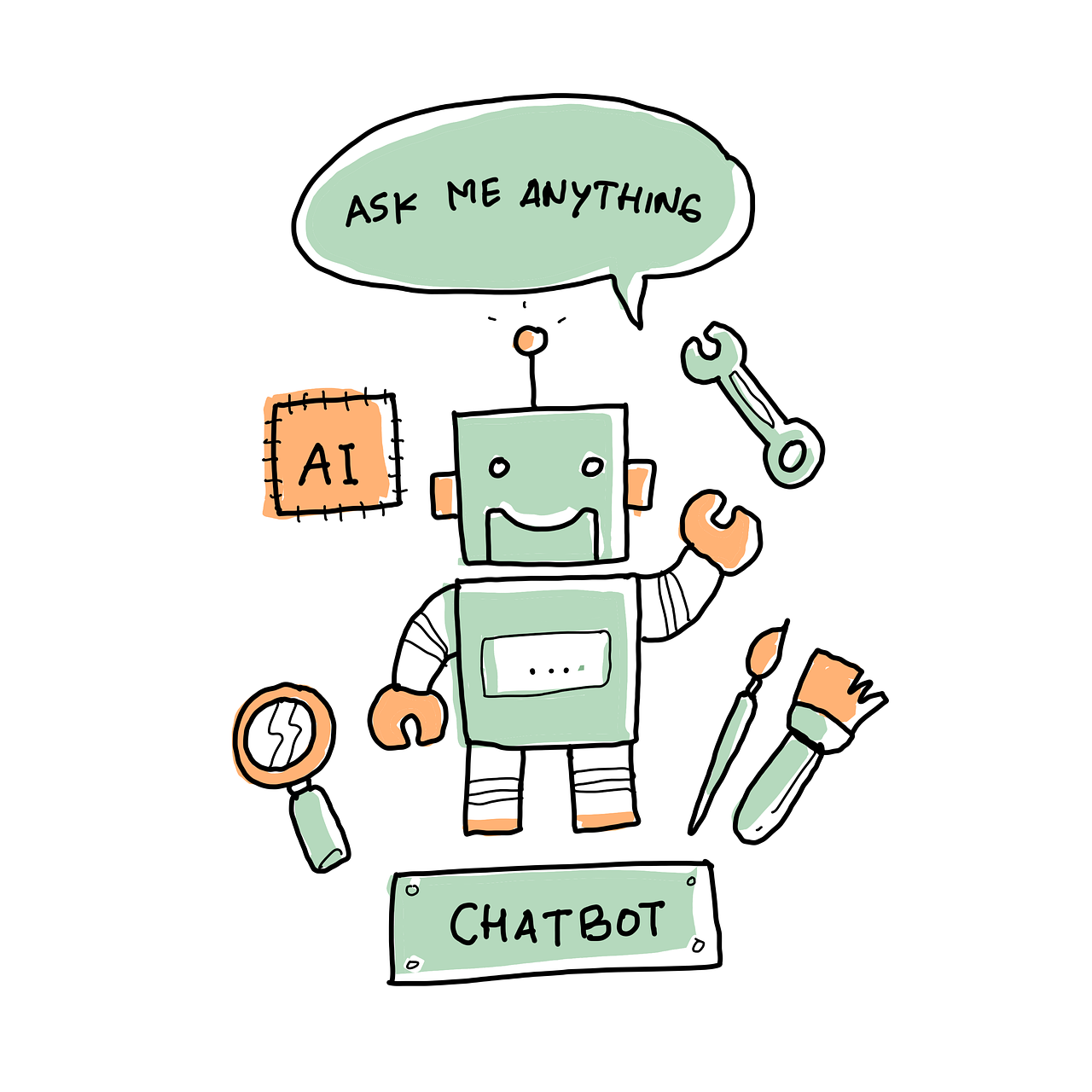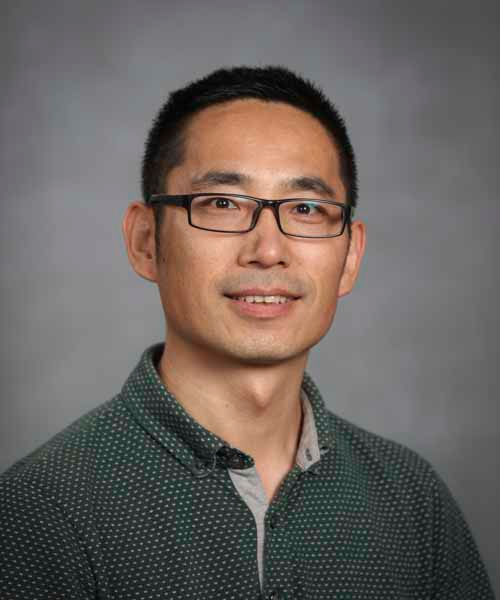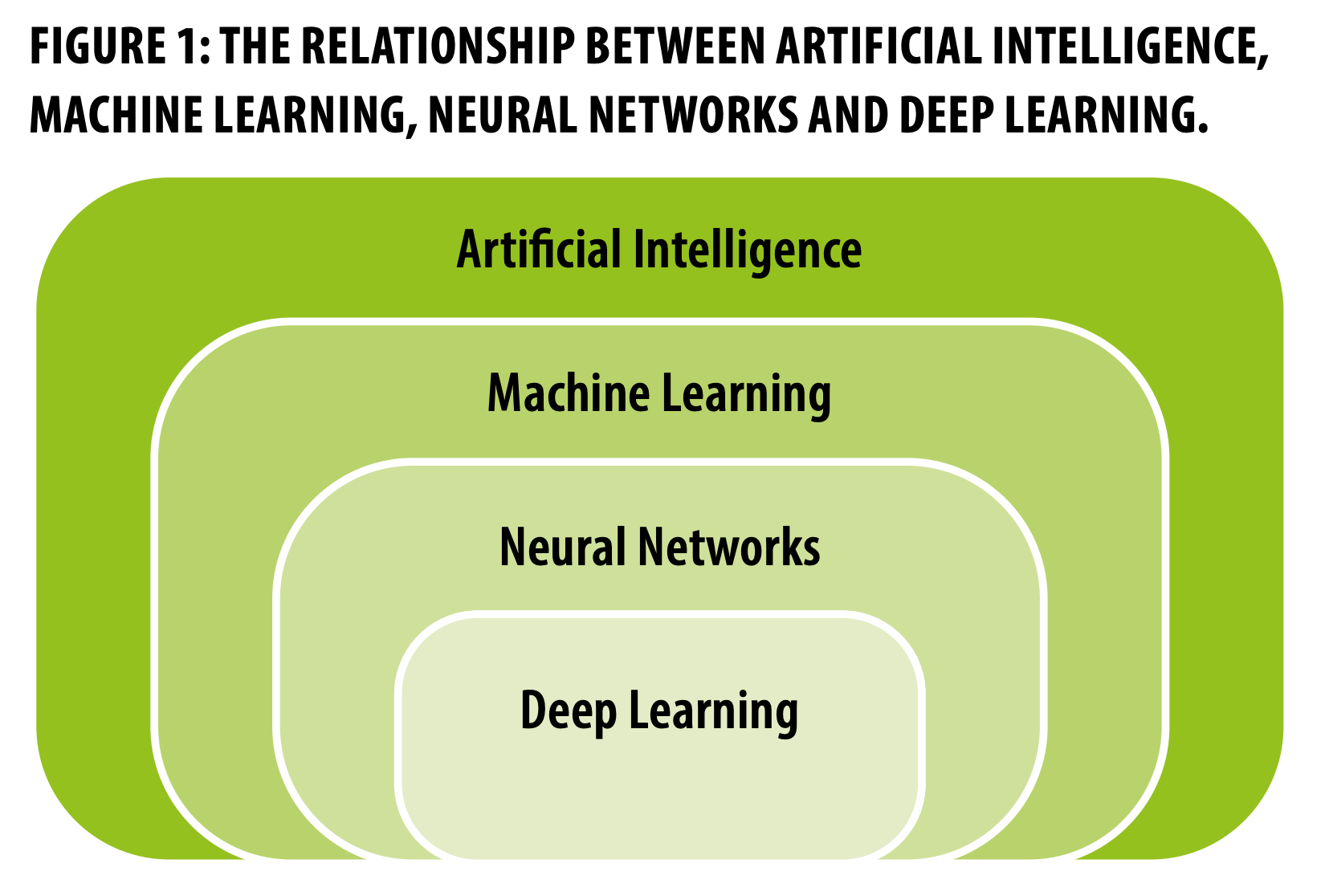No Use of Generative AI
Banning the use of all Artificial Intelligence application is not a practical solution given the widespread utilization of AI within everyday applications, such as learning management systems, texting and e.mail programs, etc...
Generative AI, however, is not as widely adopted currently, and choosing to ban the use of generative AI tools, such as ChatGPT, which are able to evaluate, justify, and create may be an option to consider temporarily until you are able to adapt course materials and gain information about the impacts of the use of generative AI on student learning within specific course content.
Generative AI tools will become mainstream, so it is important to begin learning how to teach students about how to utilize the tools while maintaining academic integrity.
Limited Use of Generative AI
When students are allowed to utilize generative AI tools for specific course activities, assignments, etc., it will be very important to provide detailed instructions as to how and when generative AI tools should be used, as well as guidance on how to cite work generated by generative AI tools.
Explicit guidance should be provided for students to ensure generative AI use aligns to academic integrity, as well as data privacy and safety, policies.
Academic work relies on a high level of mutual trust regarding the integrity of academic work. AI is not a replacement for your own thinking and original thought, research, production, etc. Any work considered original should be completed without the use of assistance from artificial intelligence and all contributions from other sources (including AI) must be credited and appropriately cited.
There will be specific opportunities within this course for the use of generative AI tools, such as ChatGPT. Specific guidance will be provided as to which assignments/tasks will include options for using generative AI tools, as well as guidance on how to properly cite and attribute AI sources. Any non-specified use of generative AI tools for the completion of coursework will be considered an academic integrity violation
Extensive Use of Generative AI
Promoting and/or expecting student use of generative AI may create opportunities for relevant and timely learning about how to use generative AI technologies in the workplace, community, and academic settings. This level of use may require explicit instruction for students on how to access, evaluate, and defend AI generated content within different contexts. Given the emergence of AI, opening usage will likely involve collaborative learning between both teacher and student and may provide opportunities for conversation around future ways of working within an AI-integrated world.
Explicit guidance should be provided for students to ensure generative AI use aligns to academic integrity, as well as data privacy and safety, policies.

